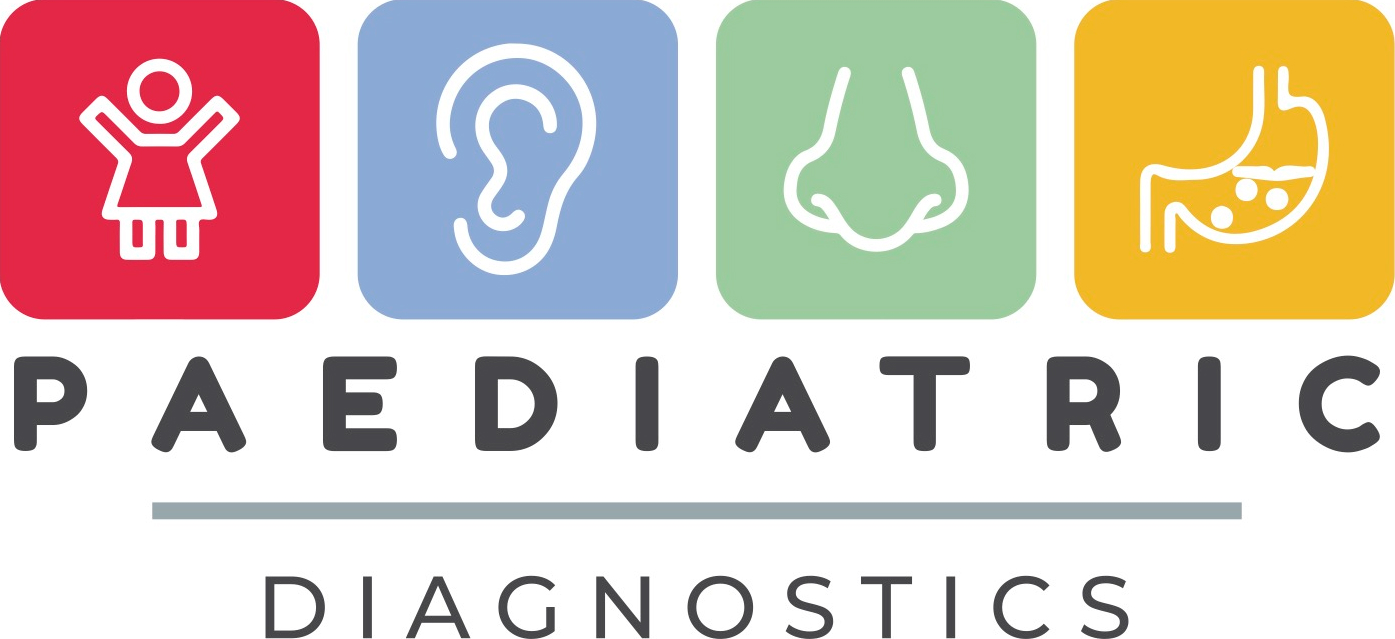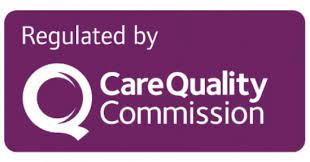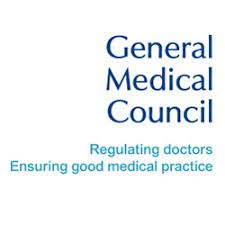What are the Tonsils and Adenoids and why do we have them?
The tonsils are small pads of lymphoid tissue at the sides of the throat. There is a similar pad of lymphoid tissue at the back of the nose called the adenoids. In very early childhood they form part of the immune recognition system and are important in teaching the immune system and protecting the body against infections by recognising harmful germs. In some children they can cause problems through infection or obstruction.
What are the main reasons for surgery?
Enlargement of the adenoids and tonsils can cause snoring and mouth breathing. In more severe cases it can cause periods where a child stops breathing – known as obstructive sleep apnoea. Tonsil and adenoid surgery can cure this.
Tonsillectomy is also performed for frequent sore throats and Adenoidectomy can sometimes be performed at the same time as insertion of grommets to reduce the chances of glue ear recurring or to reduce ear infections.
Are there alternatives to surgery?
The adenoids tend to shrink with age and are usually absent in teenagers and adults. There is also evidence that nasal steroids can reduce the size of the adenoids over time. Unfortunately, steroids have little impact on the size of the tonsils. Long-term antibiotics at a low dose can help tonsillitis for a while but are not as effective as surgery. Waiting for symptoms to improve over time is sometimes a reasonable option if symptoms are mild.
What age should surgery be performed?
The surgeons at Paediatric Diagnostics can normally offer surgery in one of the local private hospitals for children over the age of 3 and over 12kgs in weight. Surgery can be carried out on younger children but usually this needs to take place in a specialist children’s hospital.
How are adenoidectomy and tonsillectomy carried out?
Our preferred method of surgery is to perform a Coblation ® Intracapsular Tonsillectomy and Adenoidectomy. Coblation ® uses a special plasma derived from saline (salt water) to break down tissue in a very precise manner. The changes to tissue take place at around 40oC, resulting in very little heat transfer to the surrounding tissue, thereby reducing complications and pain. Almost all patients are discharged on the same day just 4 hours after surgery.
Coblation ® Intatracapsular Tonsillectomy and Coblation ® Adenoidectomy:
In this technique, the tonsil contents are dissolved away up-to but not through a fibrous capsule that separates the tonsil from the muscle of the throat underneath. Unlike with traditional techniques (extracapsular surgery), the large blood vessels in the muscle beyond the tonsil capsule are not exposed, resulting in less risk of bleeding and discomfort. The recovery period is much quicker than for a traditional tonsillectomy. The aim of this surgery is to remove virtually all the tonsillar tissue and the technique can be used for both obstructive symptoms and recurrent infection. Large scale studies in the UK, Europe and USA support the use of this technique particularly in children due to the reduced risk and enhanced recovery. The benefits of intracapsular tonsillectomy are so significant that the NHS recommends this approach for tonsil removal in all children needing surgery as part of its “Getting It Right First Time” (GIRFT) programme, which focuses on improving the treatment and care of patients through an in-depth review of services.
What are the risks of Tonsillectomy & Adenoidectomy?
Bleeding
Bleeding is the most serious consequence of this type of surgery but occurs in less than 0.4% of cases. Bleeding can occur at any point in the recovery period and so it is important to be vigilant for signs of this. If bleeding is encountered, the child must be taken straight to the local Emergency Department. It is highly unlikely that a child who has had an intracapsular tonsillectomy will require further surgery to correct bleeding, but it is essential that they are assessed fully.
Infection
Infection is the commonest cause for increased discomfort and bleeding after surgery. The routine use of antibiotics following surgery does not reduce infection but can sometimes reduce discomfort and the unpleasant oral smell that is sometimes encountered. The tonsillar areas will normally appear white after surgery – this is normal and not a sign of infection.
Pain
Discomfort is common and is usually worst around day 3 following surgery. It is important to use regular painkillers for up to 7days (paracetamol and ibuprofen at maximum doses) even if your child is not experiencing too much pain to reduce the chances of more severe pain or complications.
Dental Trauma, or damage to the lips and gums
This can occur very rarely from tonsil or adenoid surgery. The risk of dental trauma is about 1 in 1000.
Taste disturbance
As pressure is placed on the tongue during surgery, some children can report a change in their sensation of taste. It normally improves very rapidly.
Tonsil and Adenoid regrowth
After intracapsular surgery the rate of some regrowth of the tonsils is thought to be around 2% and more likely to occur in very young children. The risk of adenoidal regrowth after surgery is about 4%. In older children regrowth of tonsil or adenoidal tissue is reasonably rare. Revision surgery can be carried out if there are ongoing symptoms but in practice this is very uncommon.
What are the risks of Tonsillectomy & Adenoidectomy?
Bleeding
Bleeding is the most serious consequence of this type of surgery but occurs in less than 0.4% of cases. Bleeding can occur at any point in the recovery period and so it is important to be vigilant for signs of this. If bleeding is encountered, the child must be taken straight to the local Emergency Department. It is highly unlikely that a child who has had an intracapsular tonsillectomy will require further surgery to correct bleeding, but it is essential that they are assessed fully.
Infection
Infection is the commonest cause for increased discomfort and bleeding after surgery. The routine use of antibiotics following surgery does not reduce infection but can sometimes reduce discomfort and the unpleasant oral smell that is sometimes encountered. The tonsillar areas will normally appear white after surgery – this is normal and not a sign of infection.
Pain
Discomfort is common and is usually worst around day 3 following surgery. It is important to use regular painkillers for up to 7days (paracetamol and ibuprofen at maximum doses) even if your child is not experiencing too much pain to reduce the chances of more severe pain or complications.
Dental Trauma, or damage to the lips and gums
This can occur very rarely from tonsil or adenoid surgery. The risk of dental trauma is about 1 in 1000.
Taste disturbance
As pressure is placed on the tongue during surgery, some children can report a change in their sensation of taste. It normally improves very rapidly.
Tonsil and Adenoid regrowth
After intracapsular surgery the rate of some regrowth of the tonsils is thought to be around 2% and more likely to occur in very young children. The risk of adenoidal regrowth after surgery is about 4%. In older children regrowth of tonsil or adenoidal tissue is reasonably rare. Revision surgery can be carried out if there are ongoing symptoms but in practice this is very uncommon.
What should my child eat during the recovery period?
A normal diet is suggested after surgery. No special precautions are required.
How soon after surgery can we fly?
It is safe to fly 3-4 weeks after surgery, but it is always worth checking with you travel insurance provider.
Our team are highly experienced in providing investigation and treatment for tonsillectomy and adenoidectomy, and will be able to provide your child with the best possible advice and care.
We have private clinics based in Dorking, Surrey and Wimbledon, London, meaning we are ideally placed to investigate and treat young patients in Surrey, Kent, and Southwest London, including Balham, Battersea, Brixton, Clapham, Earlsfield, Streatham, Stockwell, Tooting, Wandsworth, Chelsea, Earls Court, Fulham, Parsons Green, South Kensington, and West Brompton.




